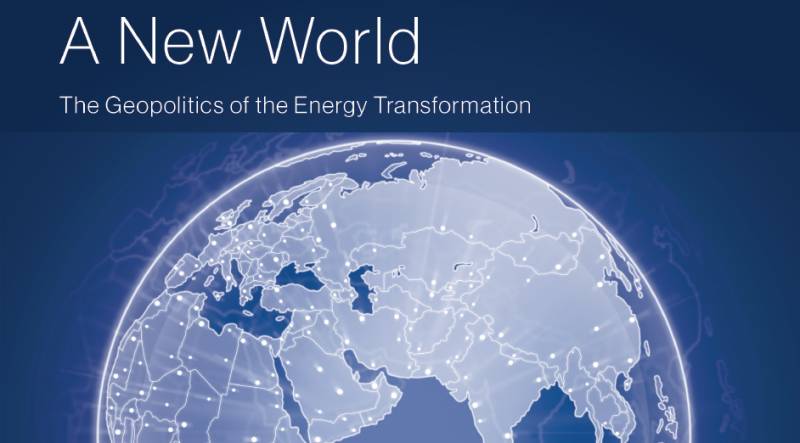A recently published report states a new energy age will reshape relations between states and regions around the world. This presents dangers and opportunities for Australia.
Released at last week’s Assembly of the International Renewable Energy Agency (IRENA), the report was produced by the Global Commission on the Geopolitics of Energy Transformation. It states the geopolitical and socio-economic consequences of a new energy age, primarily driven by renewables, may be as profound what accompanied the shift from biomass to fossil fuels a couple of hundred years ago.
“A fascinating geopolitical future is in store for countries in Asia, Africa, Europe and the Americas,” said Commission Chair and former President of Iceland, Olafur Grimsson. “The transformation of energy brings big power shifts.”
On the positive side of things, Director-General of IRENA Adnan Z. Amin said the transformation could reduce energy-related geopolitical tensions, social, economic and environmental challenges and foster greater cooperation between states.
The report points out Australia’s economically demonstrated wind and solar energy resources are estimated to be 75% greater than its combined coal, gas, oil and uranium resources – and that it is among the countries with much to gain through the significant export of renewable electricity or fuels.
A project in the works that will attempt to seize that opportunity is the Asian Renewable Energy Hub (AREH), to be constructed in Western Australia’s East Pilbara region. Originally to be 6GW, the consortium has now set its sights on at least 7.5GW wind turbine capacity and 3.5GW of solar panel capacity. Of the 11GW+, 5GW+ will be dedicated to large energy users in the Pilbara region and 6GW will be used to generate electricity to be exported to South East Asia through undersea High Voltage DC (HVDC) transmission cables.
As for renewable fuels, inroads are being made on Australia becoming a major exporter of hydrogen; produced with the assistance of solar power.
Australian School Student Climate Protest Noted
The report also highlights how public opinion is a potent force for change – and here is where Australia gets another mention.
“Public opinion is not only being expressed through words but also through direct actions,” the report states. ” Approximately 15,000 Australian school children took part in a school strike to demand action by their government against climate change”.
That event was the School Strike For Climate Action late last year, which earned an admonishment from Prime Minister Scott Morrison – guaranteeing it even more coverage.
Australia has a great opportunity to be a renewable energy superpower – there’s plenty of support in the community; but what’s needed is the political will to help make it so.
As for the status quo, the report warns:
“Some countries that are heavily dependent on exports of oil, gas or coal will need to adapt to avoid serious economic consequences.”
The Global Commission’s report, titled “A New World”, can be downloaded in full here (PDF).


 RSS - Posts
RSS - Posts



Speak Your Mind